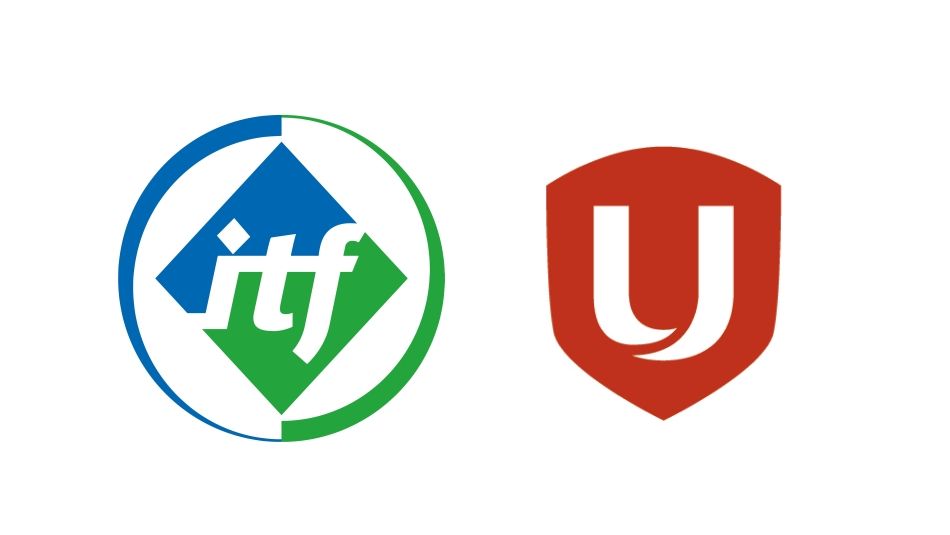
Share
Around the world road transport workers face severe work pressures due to low-cost tendering practices, unreasonable scheduling, and low rates of pay. These pressures originate in a business model based on an over-reliance on sub-contracting and a level of competition that is destroying jobs and lives.
During the Covid-19 pandemic, road transport workers were vital in keeping our economies and societies running. They transported medical supplies, kept supply chains connected and delivered food and essential goods. Despite this contribution however, they continue to face a lack of labour safeguards and deadly competition. Pay, conditions and safety have been eroded.
While big businesses profit, transport operators facing exceedingly low margins can either slash labour costs and engage in other illegal practices, or face insolvency. Drivers are forced to work excessively long hours, drive while fatigued, speed, overload their vehicles, and skimp on maintenance to make ends meet. The result is roads that are unsafe for everyone and an industry that is unsustainable. The expanding influence of big tech companies and the gig economy in road transport has exacerbated these trends.
Workers and transport operators, client companies, and governments all have a shared interest in a new model for road transport, one which guarantees fairness, safety, and sustainability. Safe Rates systems in which governments, supply chain actors and unions work together to set, monitor, and enforce safe and fair standards for road transport are the starting point. The ILO Guidelines on the Promotion of Decent Work and Road Safety in the Transport Sector provide a road map for how such systems can be put in place.
The ITF Global Campaign ‚ "Safe Rates save lives", calls on governments, client companies and transport operators around the world to work with unions to implement the following plan:
- Safe Rates systems: Establish new systems and/or strengthen existing systems for setting fair and safe standards for pay and conditions. These systems must engage all supply chain parties, including client companies, and cover all road transport workers irrespective of form of employment, nationality, and gender.
- A fair price for transport: Ensure that all road transport workers are paid fairly for all time worked and transport operators and workers who own their own vehicles can recover their costs without skimping on safety.
- Strengthened transparency: Ensure that all road transport workers have access to written labour and/or service contracts that detail fair and safe payment and conditions of work.
- Active compliance and remedy of violations: Ensure active inspection,verification of compliance, and remedy of violations, including enforcement of penalty clauses, binding on all supply chain parties (client companies, transport operators, workers in all forms of employment, etc.). Implement due diligence regimes based on cooperation between unions and companies to complement robust inspection and enforcement by public authorities. Ensure that all road transport workers have access to effective procedures for dispute resolution, which cover and are binding on all supply chain parties.
- Trade union rights: Recognise the vital role played by democratic trade unions in furthering safety and sustainability in road transport supply chains, ensure that all road transport workers have access to representation by democratic trade unions, and facilitate the role of trade unions in worker education, monitoring and enforcement, and improving health and safety.
- Global standards: Implement the ILO Guidelines on the Promotion of Decent Work and Road Safety, including through ratification and enforcement of related ILO Conventions on pay, hours of work and rest periods, violence and harassment and occupational health and safety.
With legal attacks on Safe Rates regulatory systems in line with the above in South Korea, Brazil and elsewhere in the world we, the undersigned, recognise that achieving these demands is not a simple task. We commit to joining the ITF's Global Safe Rates Campaign by:
- Carrying out a broad-based awareness-raising and educational campaign aimed at workers, government, and industry stakeholders in our countries and globally.
- Deepening alliances with responsible industry stakeholders to implement Safe Rates in their supply chains, achieve positive legal reform on the local, national, regional, and global levels and create a truly fair, safe, and sustainable road transport industry.
- Taking joint action against governments and companies that stand in the way of Safe Rates reforms aimed at creating a truly fair, safe, and sustainable road transport industry.


